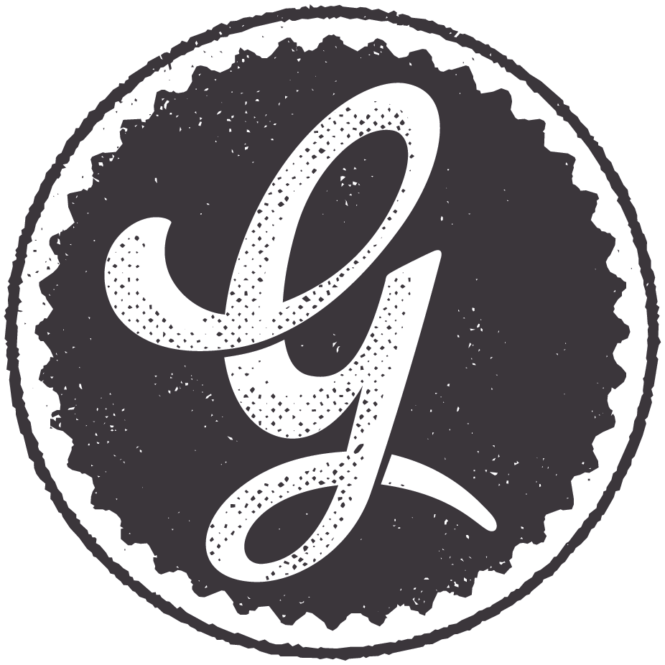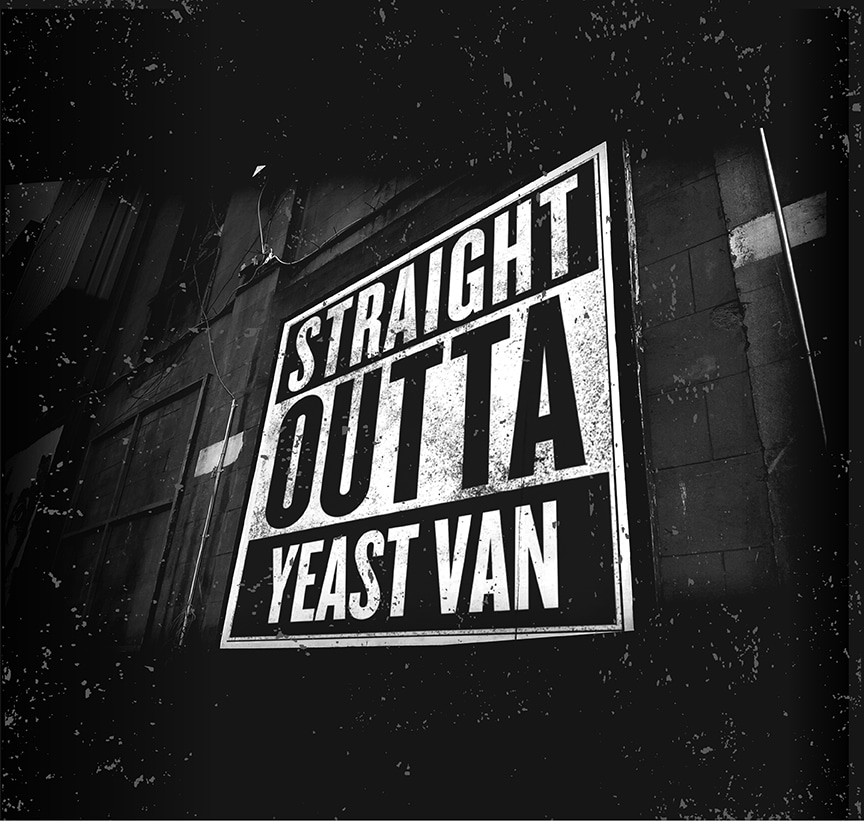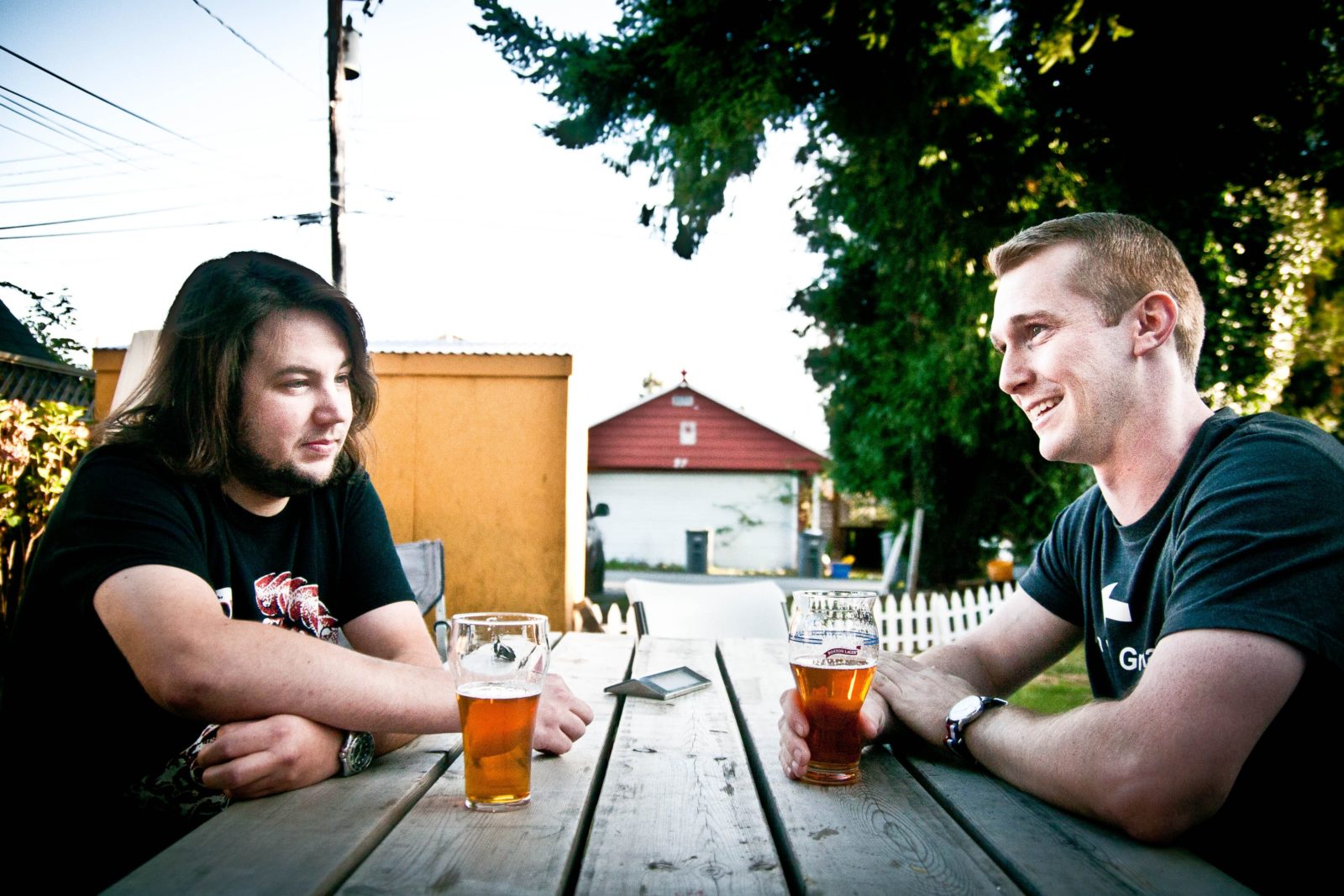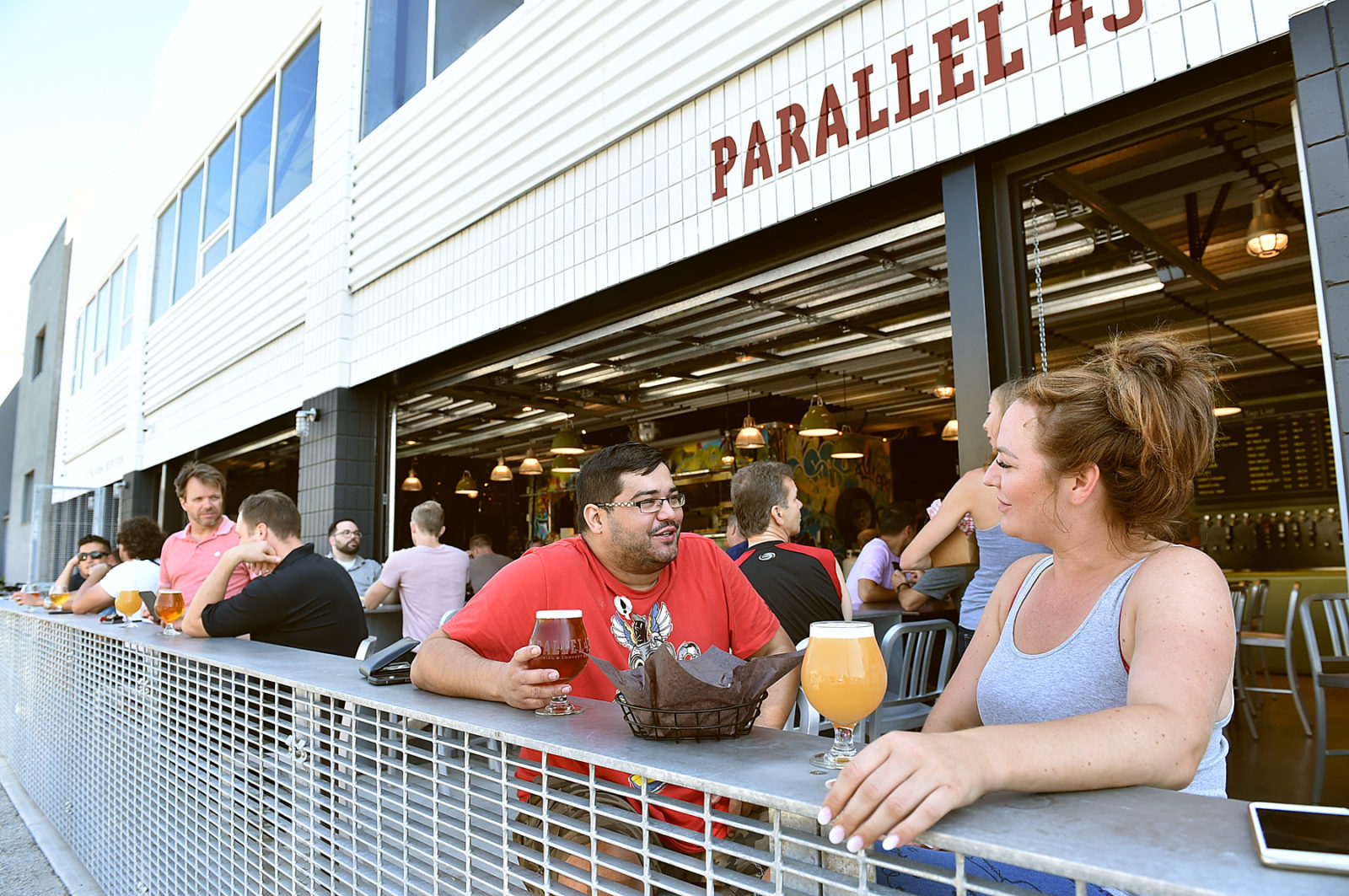
Ken Beattie is old enough to recall when B.C. pubs had to keep their doors closed to anyone looking for a cold one on a Sunday.
“Then Expo [86] came, they allowed it, and they realized, ‘Hey, it wasn’t mayhem,’” said the executive director of the BC Craft Brewers Guild.
The province planned to loosen those Sunday restrictions for only five months during the world’s fair, but the changes proved popular and were never rolled back.
Now as the hospitality sector grapples with cratering revenue as a result of the pandemic, the province and City of Vancouver have embarked on loosening restrictions on serving liquor.
Beattie said it will be difficult for different levels of government to put the genie back in the bottle after the pandemic subsides and consumers get used to the new normal.
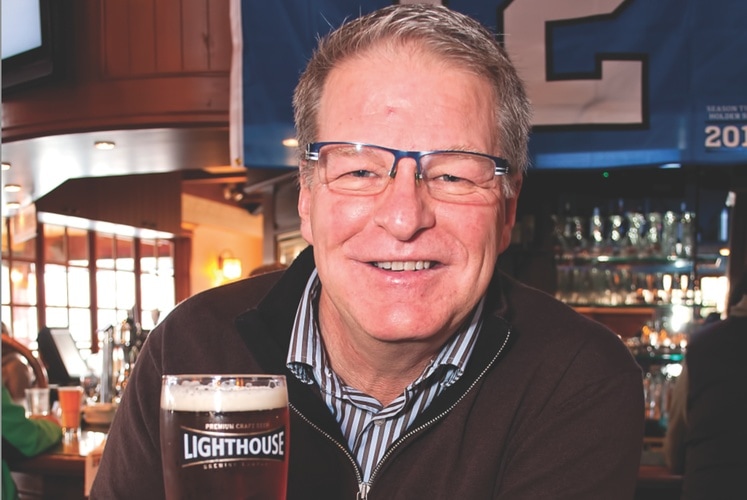
In March the province began allowing restaurants to deliver liquor with takeout orders – a first for B.C.
The province is also working with industry to allow restaurants to buy alcohol at wholesale prices, potentially boosting the margins for those establishments.
And on May 22 the B.C. government announced plans for an “expedited approval process for faster processing times” for licensed patios.
This month Vancouver city council and city staff began work on allowing pubs and restaurants to have access to more patio space than what was previously granted.
Breweries with tasting rooms are also in line to get patio space for the first time.
Beattie’s industry group had been working with city council on the issue prior to the pandemic as a means of boosting revenue while breweries contend with mounting costs associated with property assessments.
He said patios will be a good test of whether bureaucracy can take a backseat to economic recovery.
“They’ll like the tax revenue,” Beattie said.
Ian Tostenson, president and CEO of the BC Restaurant and Food Services Association, anticipates permanent changes following the pandemic.
“The public won’t want this to go away,” he said. “The business side will say, ‘These are necessary components for our future survival.’ Because we’re talking years here, we’re not talking months to fix this.”
David Hardisty, an assistant professor specializing in consumer behaviour at the University of British Columbia’s Sauder School of Business, said it will be difficult for government to roll back the new rules.
“People are going to get used to the new normal, and they’ll see the world’s not falling apart,” he said, adding restrictions would likely only return if a compelling argument could be made for health reasons.
In 2014 B.C. became the last province to allow happy hour specials, relaxing rules but requiring all establishments to charge minimum prices.
At the time, BC Liberal justice minister Suzanne Anton said minimum pricing was needed due to health concerns.
Hardisty said, “Alcohol can lead to problems, but I don’t think you’re going to get any more problems if you’re drinking on a patio versus inside a restaurant or you’re buying it at the store versus delivering it to your home.
“People in general are more sensitive to losses than gains.… If you’re going to take away a freedom from people, then you’re going to have to have a good reason.”
–This story was originally published by Business in Vancouver.

